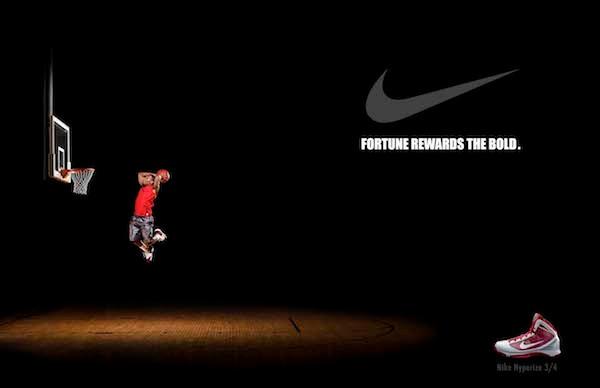Ads Don’t Work That Way
Curated from: meltingasphalt.com
Ideas, facts & insights covering these topics:
4 ideas
·363 reads
10
Explore the World's Best Ideas
Join today and uncover 100+ curated journeys from 50+ topics. Unlock access to our mobile app with extensive features.
Brand advertising = Cultural Imprinting
Cultural imprinting is a mechanism by which an ad changes the culture, by changing how we are perceived by others when we use a product. Cultural imprinting works because it relies on the principle of common knowledge, which means both the ads and the product usage has to be conspicuous.
We all see the ad advertising "Corona" as the drink for chilling at the beach. And we all communicate the association to the message when we pick a Corona at a party.
This is why cultural imprinting ads are found on billboards. And why it works for Coca-Cola but not for a bedsheet company.
10
121 reads
Cultural Imprinting in Real life
Imagine you see an ad for a new brand of sneakers. The ad features cool people wearing the sneakers and having fun. This might make you think that if you wear those sneakers, you'll also be cool and have fun. That's cultural imprinting!
Ads don't directly tell you the sneakers are good, instead, they try to make you think that wearing them will change how other people see you. In other words, according to the article, ads don't convince you a product is great, they try to convince you that using the product will make you look great in the eyes of others.
10
90 reads
Cultural Imprinting vs Emotional Imprinting
- Emotional imprinting is the idea that ads can create positive associations between a product and feelings. These associations can influence us to buy a product later, even if we don't consciously remember the ad.
- Cultural imprinting is about how ads change the culture by creating associations between a product and a group of people.
So, the key difference between the two is the former works on an individual level, by creating positive associations between a product and our emotions, while the later works on a societal level, by creating associations between products and social groups.
9
75 reads
The Alternative Ways to Advertise
Not every company can play the cultural game. Alternatives:
- Informing customers about a product: "FYI, product X exists. Here's how it works. It's available if you need it." Hopefully by repeating it enough time sales happen.
- Overt persuasion: "4/5 doctors prefer Camels" or "Verizon: America's largest 4G LTE network"
- Making promises: Guarantee or warrantees, but more often a brand image. Like Disney = "family entertainment"
- Honest signaling: an ads in a very expensive location. A huge billboard announces (subtextually), "We're willing to spend a lot of $ on this. We're committed to it."
10
77 reads
IDEAS CURATED BY
Life-long learner. Passionate about leadership, entrepreneurship, philosophy, Buddhism & SF. Founder @deepstash.
CURATOR'S NOTE
A compelling explanation for the psychology of brand advertising.
“
Similar ideas
6 ideas
The way advertising works
meltingasphalt.com
6 ideas
A Simple Guide to User-Generated Content
business2community.com
4 ideas
Does Distance Make the Consumer’s Heart Grow Fonder?
insight.kellogg.northwestern.edu
Read & Learn
20x Faster
without
deepstash
with
deepstash
with
deepstash
Personalized microlearning
—
100+ Learning Journeys
—
Access to 200,000+ ideas
—
Access to the mobile app
—
Unlimited idea saving
—
—
Unlimited history
—
—
Unlimited listening to ideas
—
—
Downloading & offline access
—
—
Supercharge your mind with one idea per day
Enter your email and spend 1 minute every day to learn something new.
I agree to receive email updates



